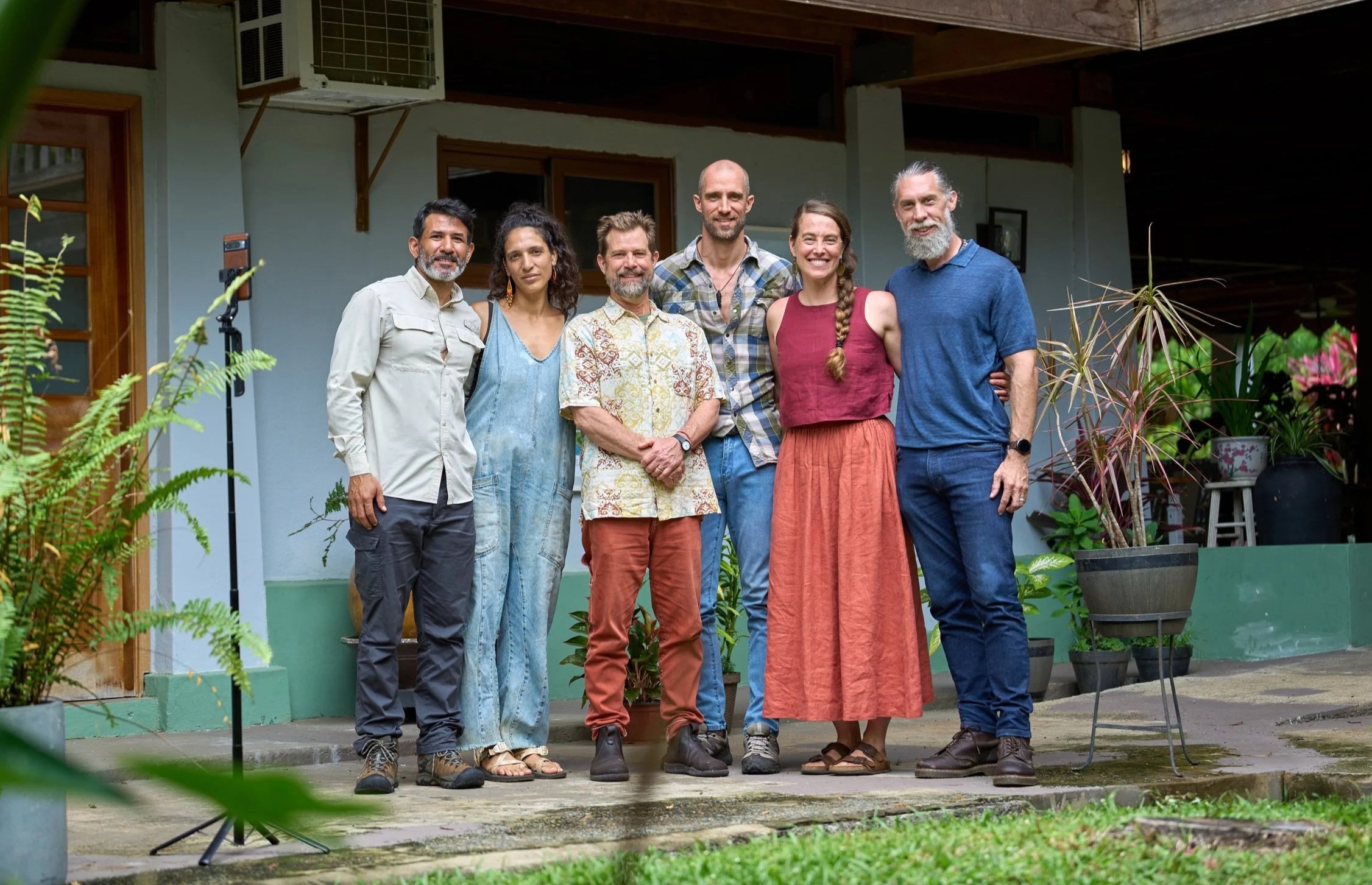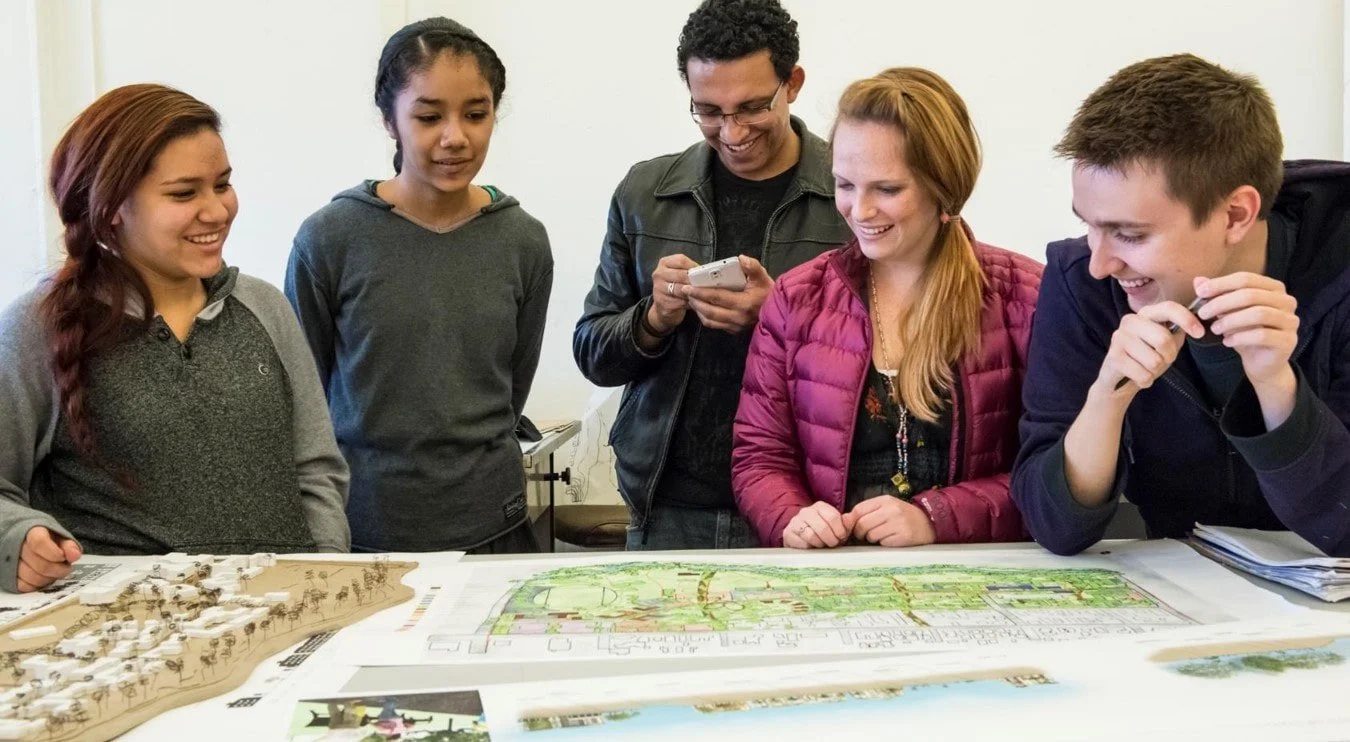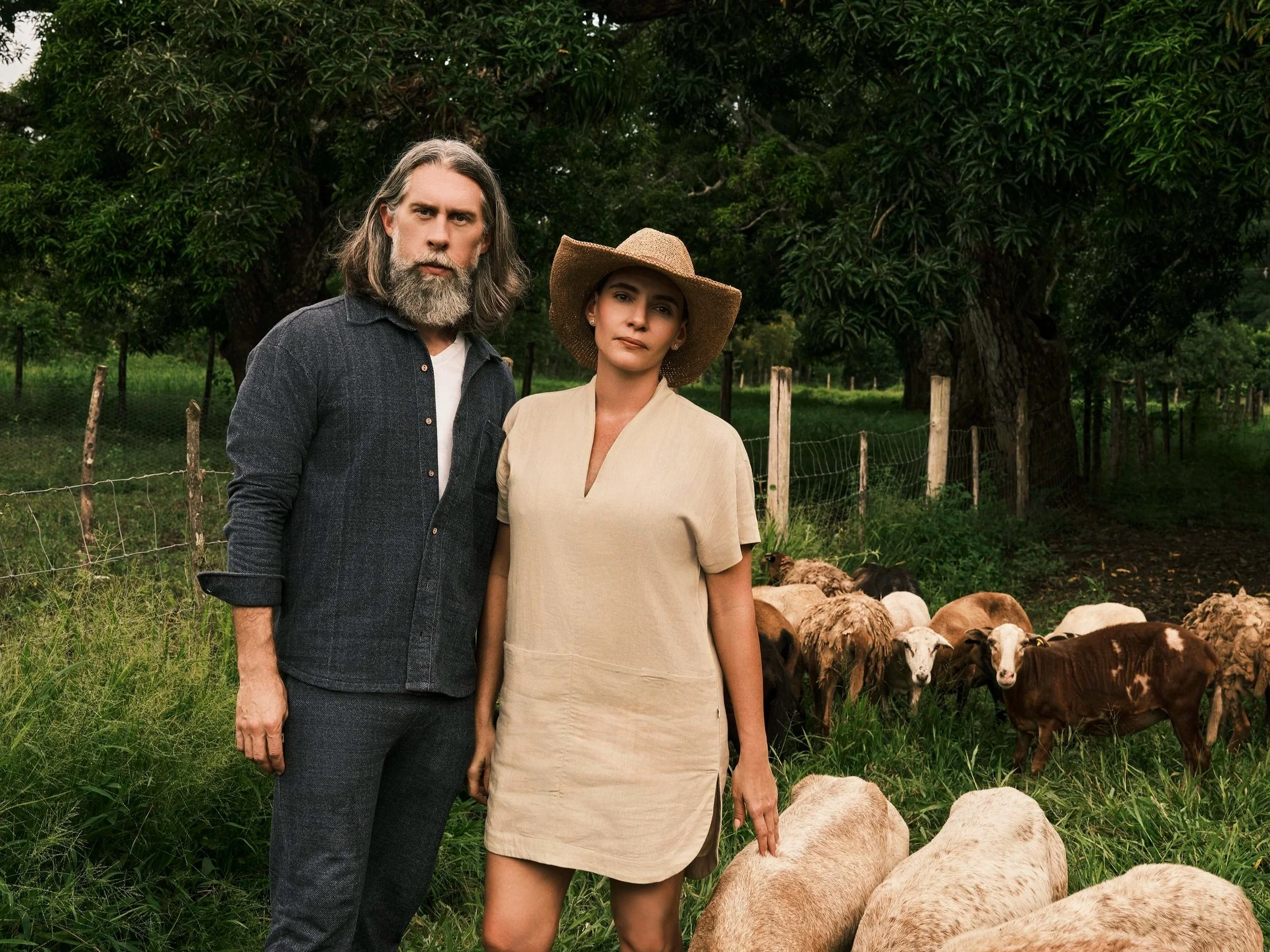Victory Gardens
With the country on lockdown and people isolated to their homes, these are momentous times that we will never forget. This global pandemic—much like recessions, wars, and terrorists events in the past—will inextricably mark an epoch time that will change the world forever.
We have been forced to reconcile that our health is inextricably interwoven with our public and private institutions. To make matters worse beyond a highly contagious and debilitating virus is that there is a staggering economical toll as a result.
With supply lines strained and skyrocketing unemployment, many folks are turning to a concept dating back to the World Wars for a source of food, recreation, and hope.
Victory Gardens
As Europe was ravaged during World War I, people in the US were encouraged to plant gardens at their homes and in public spaces as an effort to aid with a food shortage. These gardens were intended to reduce strain on food supplies, and also a way to boost moral. It was seen as a way to bring war efforts to the home where everyone from the elderly to the housewives could participate.
Armed with news updates and educational promotionals, amateur gardeners grew a huge amounts of food. Gardens were planted at parks; golf courses were converted into farms. People gardened in small flower boxes, on apartment rooftops, in backyards, and vacant lots. In World War I, a staggering 5 million new garden plots sprung up. By World War II, 40% of all fruits and vegetables came from home gardens.
A census was taken which found that people turned to gardening for a combination of reasons that included reducing personal spending, increased sense of purpose and encouragement, and for a sense of contributing to a victory during challenging war times.
This movement is once again seeing a resurgence in the US, especially as of lately while the coronavirus keeps everyone at home. It is a source to nourish us and provide our families with nutritious food to eat. It is a way that we can reconnect with nature that is both healing and humbling to the miracle that life truly is.
It can be our sense of dignity—our victory—to keep our spirits high in the face of hardship.
No matter where you live, whether in a house, a condo, or an apartment building, we encourage you to start your own Victory Garden.
If you are unsure how to get started, or would like to talk about what it would be like to buy your own house or plot of land, we’re here to help.










